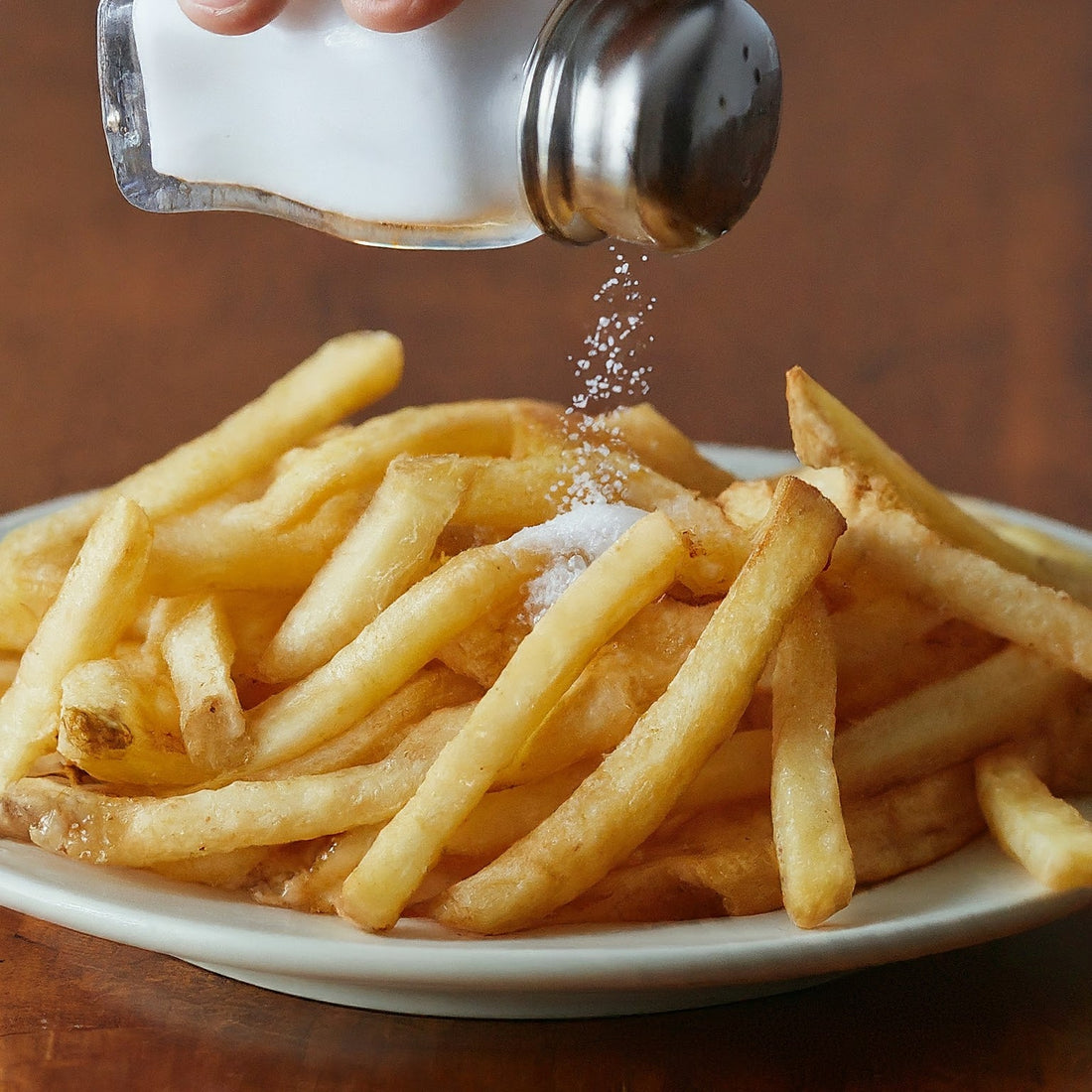
Is Salt Just Table Salt, or an Electrolyte Powerhouse? Unveiling the Salty Truth
Share
We all know salt adds flavor to our food, but beyond that, is there more to the story? Does salt deserve its place on the podium of electrolytes, alongside the likes of potassium and magnesium? Buckle up, because we're diving into the science of salt and its fascinating role in our bodies.
Electrolytes 101:
Imagine your body as a complex electrical system. Electrolytes, charged minerals like sodium, potassium, and magnesium, act as tiny sparks, carrying electrical signals that power everything from muscle contractions to nerve impulses. When these electrolytes get depleted, like through sweating or inadequate intake, things start to go haywire – think fatigue, cramps, and even dizziness.
Salt: From Table to Electrolyte?
It's true! Table salt, also known as sodium chloride, is actually a combination of two key electrolytes: sodium and chloride. Sodium plays a crucial role in:
- Regulating fluid balance: It helps your body retain water, ensuring proper hydration and preventing dehydration's detrimental effects.
- Supporting nerve function: Sodium carries electrical signals, enabling efficient communication between your brain and muscles.
- Aiding muscle contractions: Proper sodium levels contribute to smooth, strong muscle function, preventing cramps and improving performance.
But wait, isn't too much salt bad? Yes, moderation is key. While essential, excessive sodium intake can contribute to health problems like high blood pressure. However, for active individuals who sweat heavily or those following low-sodium diets without proper electrolyte replacement, getting enough sodium is crucial.
Beyond the Table Shaker:
Table salt isn't the only way to get your electrolyte fix. Explore these options:
- Electrolyte-infused beverages: Convenient and formulated with balanced electrolyte ratios, perfect for replenishing lost minerals on the go.
- Sea salts: Richer in minerals than table salt, they offer a variety of electrolytes, including potassium, magnesium, and calcium.
- Electrolyte tablets: Easily dissolvable in water, these offer a concentrated dose of electrolytes, ideal for targeted supplementation.
Remember:
- Listen to your body and adjust your electrolyte intake based on your individual needs and activity level.
- Consult a healthcare professional for personalized advice, especially if you have any underlying health conditions.
- Water is still king! Electrolytes are not a substitute for proper hydration, so ensure you drink plenty of water throughout the day.
Salt may not be just a flavor enhancer, but an essential player in your body's electrical orchestra. By understanding its role as an electrolyte and making informed choices, you can keep your performance, and your taste buds, happy!
So, the next time you reach for the salt shaker, remember, it's more than just seasoning – it's an electrolyte powerhouse!
By shedding light on the often-overlooked role of salt as an electrolyte, you can educate your readers, improve their understanding of healthy hydration, and potentially attract new customers to your brand. Remember, knowledge is power, and when it comes to electrolytes, salt holds a key ingredient!

